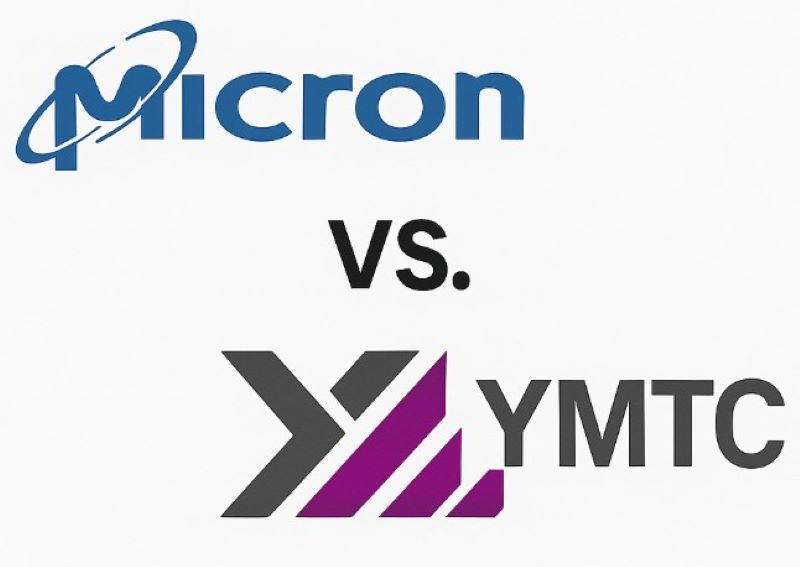Micron Technology has asked the U.S. Supreme Court to overturn a lower court decision that granted China-based Yangtze Memory Technologies Co. (YMTC) access to 73 pages of confidential documents as part of an ongoing patent lawsuit. The U.S. chipmaker argues that sharing such sensitive 3D NAND technical information with a Chinese company on the Entity List raises serious national security concerns.
The legal dispute between Micron and YMTC began in November 2023, when YMTC filed a patent infringement lawsuit in the Northern District of California. The case revolves around Micron's alleged infringement of eight U.S. patents related to 3D NAND technology.
Under a previously agreed protective order, YMTC was permitted to request physical copies of documents during the discovery process. The order limits total printed pages to 1,500 and no more than 30 consecutive pages, with access strictly confined to external attorneys and experts—not company employees.

YMTC subsequently requested 73 printed pages from Micron's confidential "150 Series Traveler Presentation," which reportedly includes proprietary information about Micron's latest and upcoming 3D NAND devices. While the request adhered to the page limit rules, Micron objected, arguing that the nature of the content—combined with YMTC's ties to the Chinese government—made the disclosure excessive and potentially dangerous.
Micron emphasized in its court filing that the 73 pages of source code documentation represent a tenfold increase compared to what was previously disclosed for older chip models. The company is now seeking a writ of mandamus—a rare legal maneuver asking the Supreme Court to intervene and compel the lower court to reverse its decision.
Although the court permitted access to the documents, the protective order strictly prohibits copying, scanning, or electronically reproducing the physical pages. Each page is individually numbered and tracked, and any unauthorized duplication could result in legal penalties, including sanctions, adverse rulings, or contempt of court. So far, no violations have been reported.
Despite these safeguards, Micron insists the ruling must be reversed due to the risk posed by transferring technical data to a company it considers a national security threat.
The dispute marks a new twist in the ongoing legal battle between Micron and YMTC. While the court had granted YMTC access to specific confidential documents under strict protective measures, Micron is challenging the ruling on national security grounds. The final decision now rests with the U.S. Supreme Court.
+86 191 9627 2716
+86 181 7379 0595
8:30 a.m. to 5:30 p.m., Monday to Friday
